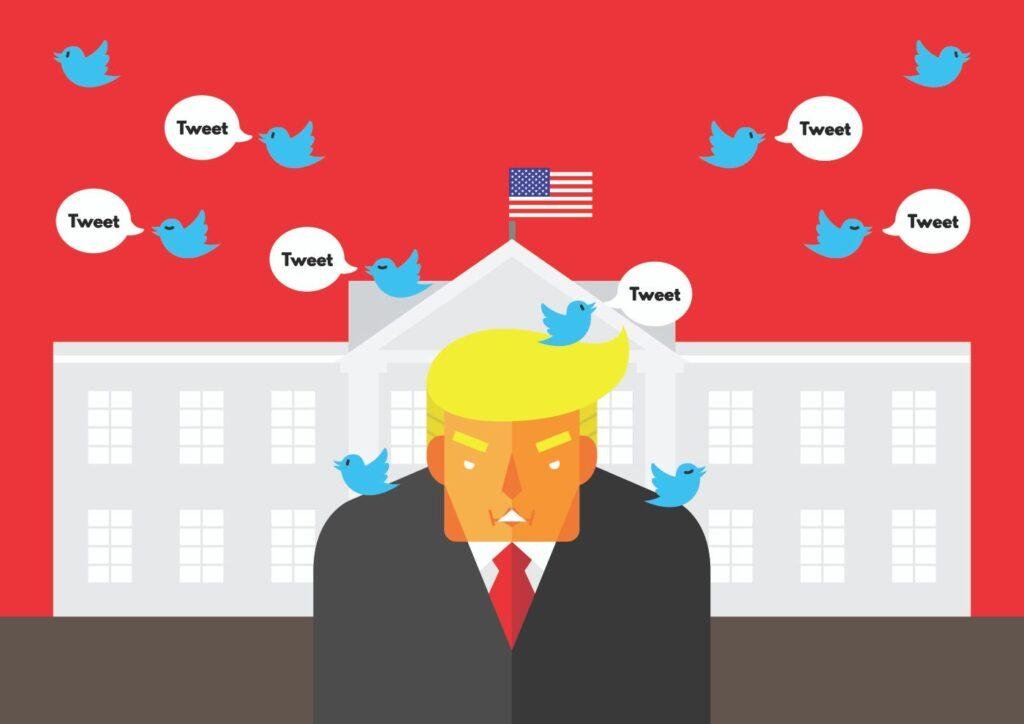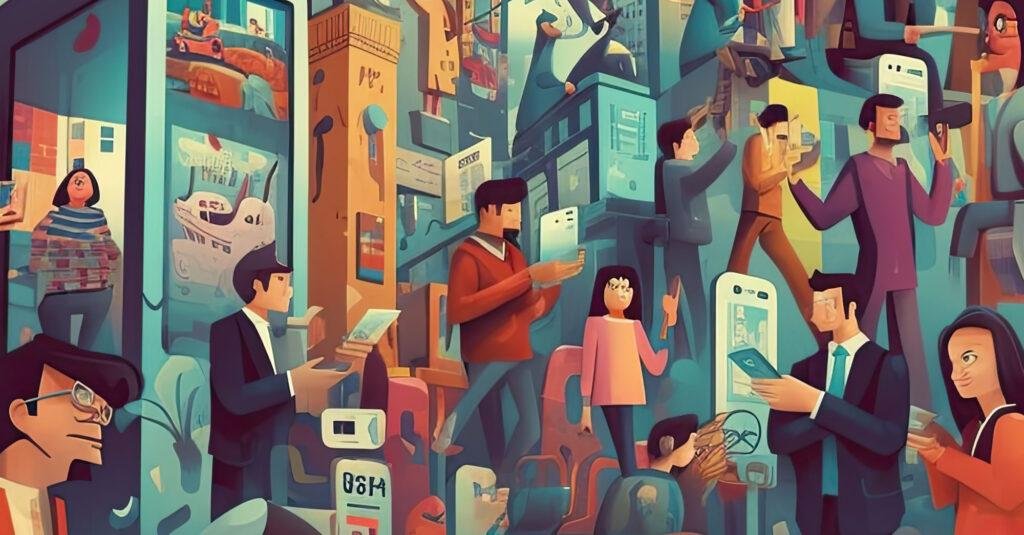Impact of social media on politics
This topic explores how social media has changed the way politics is conducted, including its effects on political campaigns, communication between politicians and constituents, and the spread of disinformation and fake news.
Social media has revolutionized the way we communicate and interact with each other, and it has also changed the way politics is conducted. In recent years, social media has become an essential tool for politicians to reach out to voters, mobilize support, and communicate their messages.

However, the impact of social media on politics is not entirely positive. It has also contributed to the spread of disinformation and fake news.
This essay explores the impact of social media on politics, including its effects on political campaigns, communication between politicians and constituents, and the spread of disinformation and fake news.
Social media has changed how political campaigns conduct themselves. In the past, political campaigns primarily relied on traditional media like television, radio, and newspapers.
However, with the rise of social media platforms such as Twitter, Facebook, and Instagram, politicians have new and more direct ways to reach out to their supporters and potential voters. Social media allows politicians to communicate with their constituents in real time, post updates, and share their policies and opinions.
One of the most significant benefits of social media for political campaigns is its ability to reach a larger audience. Social media platforms boast billions of global users, enabling politicians to reach an unprecedentedly vast audience.
In the 2016 U.S. presidential election, Donald Trump extensively used Twitter to directly communicate with supporters, bypassing traditional media.
With over 80 million followers and millions of interactions per tweet. Trump became one of the most influential political figures on social media.
Social media has also changed the way politicians communicate with their constituents. In the past, politicians communicated with their constituents mainly through press conferences and town hall meetings.
However, social media enables politicians to communicate directly with constituents, bypassing intermediaries like journalists or party officials.
Social media allows politicians to bypass traditional media channels and communicate directly with their constituents. Which can be a powerful tool for building relationships and gaining support.
Another impact of social media on politics is the rise of disinformation and fake news. Social media platforms facilitate information sharing but also enable the spread of false information.
The spread of disinformation and fake news can have serious consequences for democracy. It can undermine public trust in institutions and lead to misinformation and confusion.
One reason disinformation spreads rapidly on social media is due to platforms’ algorithms prioritizing highly engaging content.
This means controversial, sensational, or emotionally charged content is more likely to be shared and promoted, even if false. This creates a feedback loop where false information is amplified and shared, leading to a distorted view of reality.
The spread of disinformation and fake news on social media has had significant consequences for politics. For instance, in the 2016 U.S. presidential election, Russian operatives used social media to spread misinformation and sway the election.
Russian operatives utilized fake accounts and bots to promote divisive content, including anti-immigrant and anti-Muslim messages. While also suppressing the vote among minority groups. This demonstrates social media’s potential as a political warfare tool and its vulnerability to manipulation aimed at undermining democracy.
Conclusion
Social media has profoundly impacted politics, altering how political campaigns operate, how politicians communicate with constituents, and how information spreads.
Social media has brought numerous benefits to politics, like reaching a broader audience and direct communication with constituents. It has also contributed to the spread of disinformation and fake news. 바카라사이트

